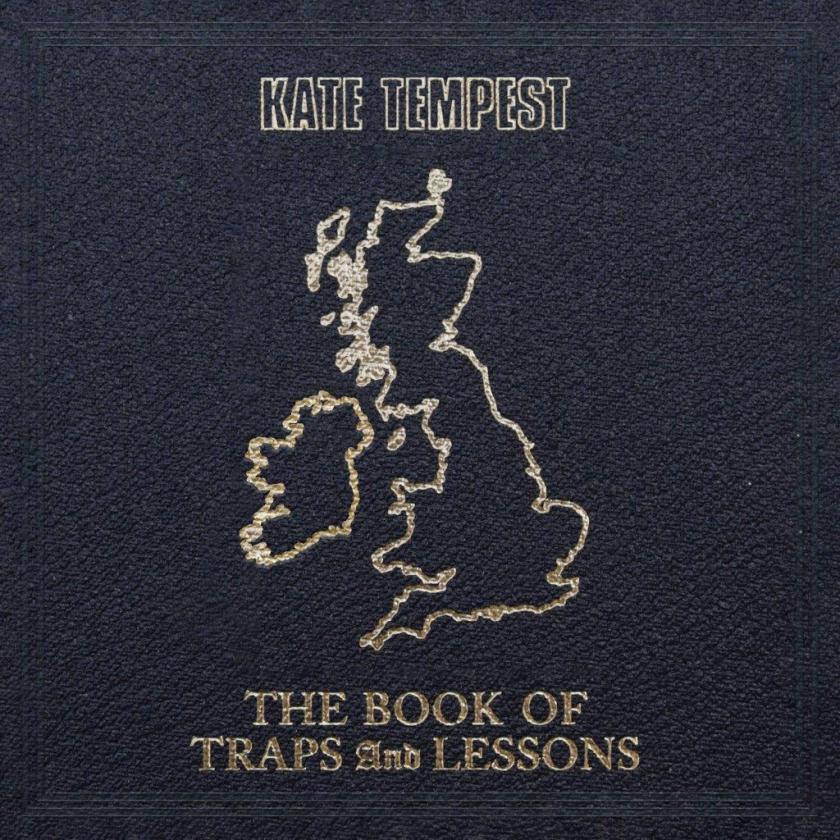Here’s a strange thing: sit in a quiet room reading through the poems that make up Kate Tempest’s third album and her swirling collage of words drags you in. It’s an opaque concept work, mingling themes of a broken Britain, teetering on the brink of socio-political disaster, with the gritty, urban search for love in a time where sex is served up like fast food. However, listen to the album and the sheer density of gloom, against moody musical backdrops, eventually becomes just morose.
Tempest’s journey has taken her from festival-friendly band Sound of Rum, with whom she made feisty music you could dance to, through two acerbic albums that had attitude and anger, but also had bounce. The Book of Traps and Chaos, on the other hand, is forlorn, even when attempting positivity, with Tempest’s voice often sounding on the verge of tears. Partly created before her last album, Let Them Eat Chaos, but put aside, it may be regarded as its more desolate companion piece.
Tempest is backed by her regular producer, Dan Carey, but also on board is American production legend Rick Rubin, the man famously responsible for Johnny Cash’s extraordinary late period work. He advised her, she has said, “to look for the essential in my own practice”. This seems to mean honing in on impressionistic generalities and emotions, rather than her usual, sometimes brutal specificity, while the musical backdrops are austere. Unlike Cash, Tempest deals in words rather than songs, so paring everything back doesn’t necessarily amplify the experience.
Tempest’s literary capacities, however, remain impressive. “”I was digging out pence for a length of bad whisky/Me and my friends/Or at least the others who slumped at the bar without peace,” she intones on opener “Thirsty”, and the album’s tangled word-flow, whether dealing with police brutality on “Brown Eyed Man” or the satisfied sex of “Firesmoke”, has twisting power. Its interlinking with music is more problematic. While the rustling Hauschka-esque piano of “I Trap You” and the closing almost-ballad “People’s Faces” are sonically engaging, the starkly unadorned nature of much here is less listenable.
Like its maker, this album will be divisive. There will be those who, as with the, say, the doomed solo work of Nico, will find it stunning, but for many, this writer included, its unadorned bleakness of tone fails to persuade.
Below: watch the lyric video for "Firesmoke" by Kate Tempest














Add comment